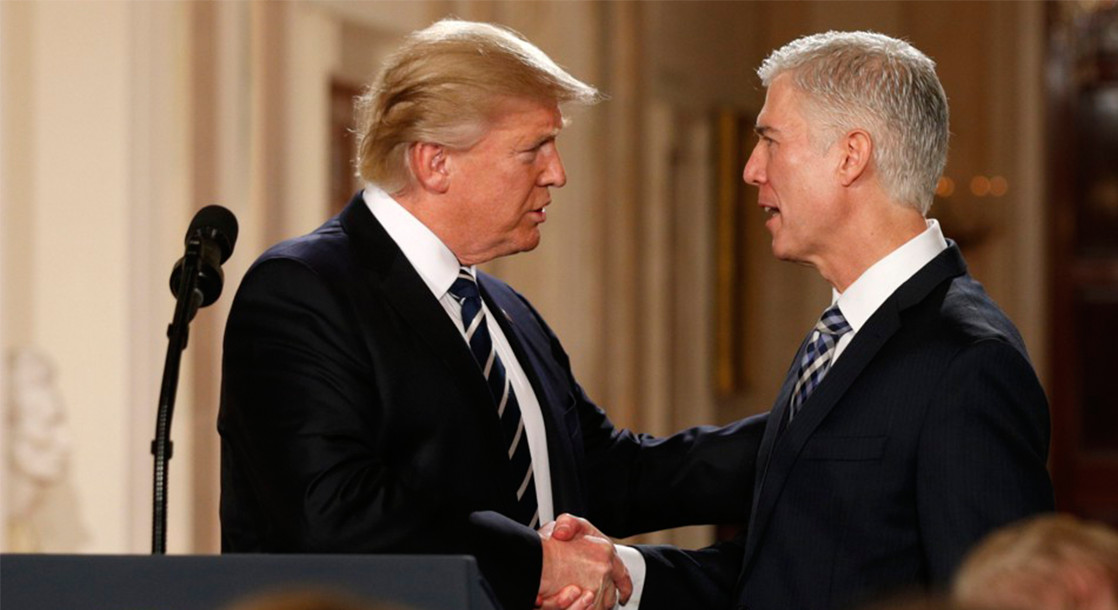Image via
The American Medical Association (AMA) is officially advocating for cannabis expungements in adult-use states, even though the group continues to oppose legalization as a whole.
At a recent meeting of the AMA House of Delegates, the association adopted a new policy that “aims to introduce equity and fairness into the fast-changing effort to legalize cannabis.” Specifically, the policy calls on adult-use states to automatically expunge the criminal records of anyone arrested for prior weed-related crimes that are currently legal. The group explains that these permanent records can block access to healthcare, jobs, and housing.
“This affects young people aspiring to careers in medicine as well as many others who are denied housing, education, loans and job opportunities. It simply isn’t fair to ruin a life based on actions that result in convictions but are subsequently legalized or decriminalized,” said AMA Trustee Scott Ferguson, MD, in a statement. “Expungement is no panacea. It can be a lengthy and expensive process. Automatic expungement would relieve people of having to figure out and pay for the bureaucratic steps necessary for sealing a criminal record.”
The AMA explains that criminal records can prevent people from qualifying for public health benefits, which is directly at odds with the organization’s goal of providing affordable, equitable access to health care. The disproportionate enforcement of cannabis prohibition laws has also specifically targeted the communities that are often most in need of these benefits. According to recent statistics, Black people are 3.6 times more likely to be arrested for weed than white people, despite similar rates of cannabis use.
Nearly every adult-use state already has provisions for cannabis expungements, but some states’ programs are far more effective than others. Illinois expunged or pardoned nearly half a million cannabis-related criminal records by the end of last year, and New Jersey wiped nearly 400,000 records clean within three months of legalizing weed. California and many other West Coast states have been slow to embrace automatic expungements, though, and have consequently cleared far fewer records.
As part of its new policy, the AMA will discuss expungement with the Association of American Medical Colleges, Accreditation Council for Graduate Medical Education, Federation of State Medical Boards, and other major medical education groups. Through these talks, the group hopes to discover if weed-related criminal charges are effectively blocking students from enrolling in medical school or qualifying for federal education loans. The AMA is also calling states to end parole, probation, and other court-ordered supervision for minor pot offenses.
But despite the sudden support for expungement and criminal justice reform, the AMA remains opposed to cannabis legalization as a whole. The group claims that adult-use legalization “is associated with increased traffic fatalities, exposures reported to poison control (including infants and children), emergency department visits, and cannabis-related hospitalizations,” and expresses further concern about the effects of cannabis on prenatal child development.
The actual science behind most of these claims is far from conclusive, though. Several studies have reported that traffic accidents and fatalities have not risen in adult-use states, and workplace fatalities haven’t increased either. The research on prenatal pot use is also inconclusive – several studies have reported serious risks, while others have found no link between cannabis use and birth defects, developmental issues, or other health issues.











